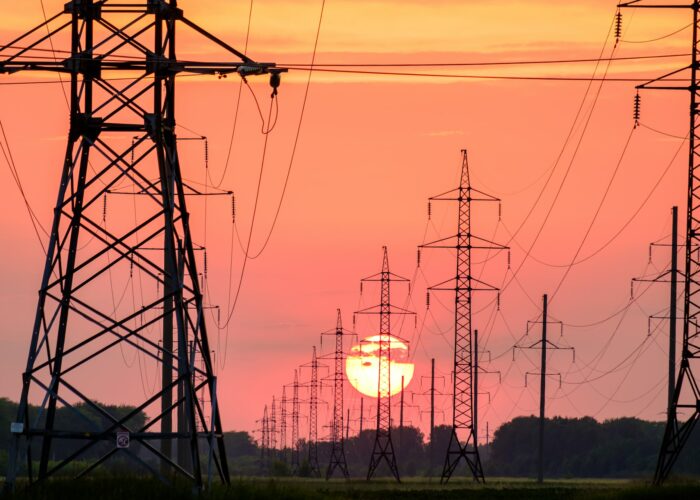The big talking point recently has been the G7 Conference. Ahead of the gathering of the world’s seven most advanced economic nations, the UK, as presidents of the group in 2021, has been pushing for greater progress in ensuring financial markets support lower greenhouse gas emissions.
When Chancellor Rishi Sunak met with finance ministers and central bankers ahead of the conference, he called for the implementation of consistent international rules on how companies report their climate impact, so investors can make better-informed decisions.
He also sought to broker a deal among G7 countries on a joint approach to business taxation. Whilst the United States has proposed a global minimum corporation tax rate of 15%, this is well below G7 levels and, perhaps rightly, Britain is concerned that would not go far enough in taxing big tech companies such as Amazon, Google and Facebook.
Climate action
Ahead of the G7 Conference, the Trades Union Congress struck a blow to the UK, by launching a new report, which showed that the UK is lagging far behind most of its counterparts when it comes to green jobs and investments.
The analysis shows the government’s Ten Point Plan for a green industrial revolution is just a fraction of the investment pledged by France, Canada, Italy, Germany and USA – with only Japan scoring worse.
It says that there is the potential to do much more to expand green jobs in the UK and meet vital climate commitments. It has called for the Government to seize the G7 opportunity by allocating £85 billion for emergency green infrastructure. Such a commitment would move the UK up into third position in the G7 league table, creating a million quality green jobs and demonstrating real climate leadership.
Innovating clean energy
With this in mind, 23 governments, including the UK, have announced new plans to spearhead a decade of innovation and drive global investment in clean energy research, development and demonstrations.
The launch of Mission Innovation 2.0 is the second phase of the global Mission Innovation initiative, which was launched alongside the Paris Agreement at the 2015 COP21 conference.
Achieving the Paris Agreement goals of limiting global warming to well below 2 degrees Celsius, compared to pre-industrial levels, requires huge leaps in energy innovation. The new initiative is seen as a catalyst for public-private action and investment through sector-specific Missions that accelerate the development of clean energy solutions in critical areas, to reach tipping points this decade in their affordability. The goal is to make them attractive and accessible to all countries and give governments around the world the confidence to set ambitious clean energy pathways.
Renewable boost
With global investment looking likely to bounce-back to pre-pandemic levels, according to research from the International Energy Agency, it is promising to see that renewables are dominating investment in new power generation capacity with it expected to account for 70% of the total this year.
However, the IEA is calling for spending on clean energy transitions to be accelerated much more rapidly in order to meet our long-term climate goals. Indeed, they need to grow three times faster in order to reach net-zero.
“The rebound in energy investment is a welcome sign, and I’m encouraged to see more of it flowing towards renewables,” commented the IEA’s Executive Director Fatih Birol. “But much greater resources have to be mobilised and directed to clean energy technologies to put the world on track to reach net-zero emissions by 2050. Based on our new Net Zero Roadmap, clean energy investment will need to triple by 2030.”
The final word
This month’s Capitas Green Briefing shows both the challenges and the opportunities of sustainability finance.
Capitas Finance’s Chief Executive Officer Darren Riva commented: “The last month has seen a raft of initiatives launched to fund clean energy research and development, and it is encouraging to see further investments being made in renewable power generation. It’s a step in the right direction as this type of commitment will play a key role in meeting ambitious net-zero targets, particularly here in the UK.
“Yet, we are reminded that reaching this goal remains some way off and there are still challenges ahead. Whilst big companies are well on their sustainability journey, we cannot forget the contributions that can be made small and medium size companies. Every business can take practical steps to reduce their emissions. Helping them understand their impact on the environment, and helping them develop a plan, and providing access to investment when it is needed, is vital.”




